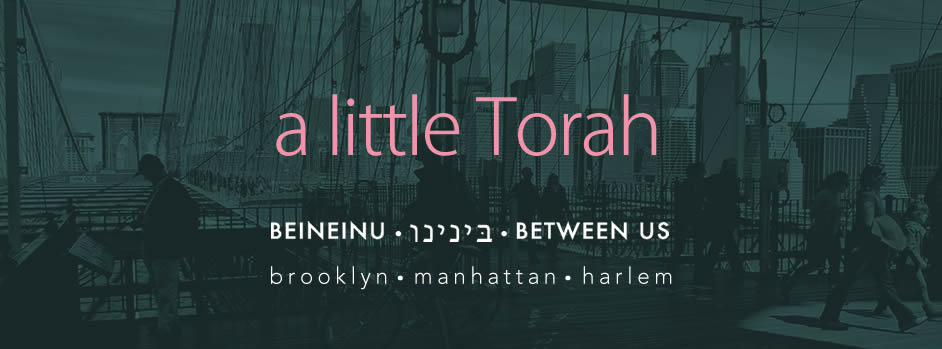And yet, it has happened and continues to happen. What will it take for us to to respond with more than just verbal reactions? What will it take for us, for our country to acknowledge and accept that racism and hatred is a real problem and that what happened in South Carolina is not an isolated incident? What will it take for those of us who have not been personally effected, to take action on behalf of those who have lost children, partners, parents, friends and teachers?
This hatred is not isolated towards one group. There are too many "isms" in the "freest nation in the world". We have lost sight of the most important Torah. "Love thy neighbor (as if it were your friend)."
What can we do?
-------we pause for some exploration of the weekly Torah portion-------
Parashat Korach
Numbers 16:1-18:32
This week's parasha introduces us to a man named Korach. Korach is a good example of someone who has the potential to be a strong and successful leader. He is someone who takes initiative. He knows how to gather people. He has a dynamism that people are attracted to and want to be near. Korach could have been a great leader. AND, yet he ended up being swallowed by the earth. This was his consequence, for gathering and rallying 500 people against Moses and Aaron, and therefore against God.
Korach was frustrated with the situation. Or perhaps he was just jealous of Moshe's relationship with God. Perhaps he was envious that Moshe received special attention from God. Maybe Korach wanted to be God's "bestie"? We don't know the inner workings of Korach (or of any person). We only have access to the outer actions. Korach took matters into his own hands. He stepped over Moshe, basically calling for his resignation and ultimately defied the rules of the Israelite community commanded by God.
In the end, in front of the Israelite nation, God opened up the earth and swallowed Korach. Should God have demonstrated compassion and understanding? Should God have spoken to Korach about making "good choices"? Or was this a necessary death? Moshe is the only person speaking out, trying to persuade Korach to change his mind and retreat. The rest of the people are silent.
Korach and Dylann Roof took matters into their own hands. We don't know why for certain. We only know what they did. In the Torah, God intervenes. Today, we can't rely on God opening the earth and swallowing up evil. Today, the power is in our hands.
What can we do?
We can each take an honest look inside at our own truth. We can each confront our own biases, our own "isms". We can speak up and speak out and not remain silent in the face of hatred towards others based on race, gender, economics or sexual orientation.
Shabbat is the weekly reminder of God's work to create the world. Humanity was created with Godlike abilities and given the responsibility to continue this work.
Mekor Ha'Chayiim, Source of Life, as we move into Shabbat let us hold the families whose loved ones died in our hearts and in our prayers. May we examine and address our personal "isms" and decide that we will no longer accept hatred. May we be mindful of and act on our individual and collective responsibility to speak up and speak out. May the Godliness in each of us be used to elevate ourselves and the "other".
We remember,
Cynthia Hurd
Susie Jackson
Ethel Lee Lance
Rev. DePayne Middleton-Doctor
Rev. Clementa Pinckney
Tywanza Sanders
Rev. Sharonda Singleton
Rev. Daniel L. Simmons Sr.
Myra Thompson
May their names be forever a blessing through the lives we live.
Shabbat shalom u'mevorach,
Laurie
Shabbat is the weekly reminder of God's work to create the world. Humanity was created with Godlike abilities and given the responsibility to continue this work.
Mekor Ha'Chayiim, Source of Life, as we move into Shabbat let us hold the families whose loved ones died in our hearts and in our prayers. May we examine and address our personal "isms" and decide that we will no longer accept hatred. May we be mindful of and act on our individual and collective responsibility to speak up and speak out. May the Godliness in each of us be used to elevate ourselves and the "other".
We remember,
Cynthia Hurd
Susie Jackson
Ethel Lee Lance
Rev. DePayne Middleton-Doctor
Rev. Clementa Pinckney
Tywanza Sanders
Rev. Sharonda Singleton
Rev. Daniel L. Simmons Sr.
Myra Thompson
May their names be forever a blessing through the lives we live.
Shabbat shalom u'mevorach,
Laurie
